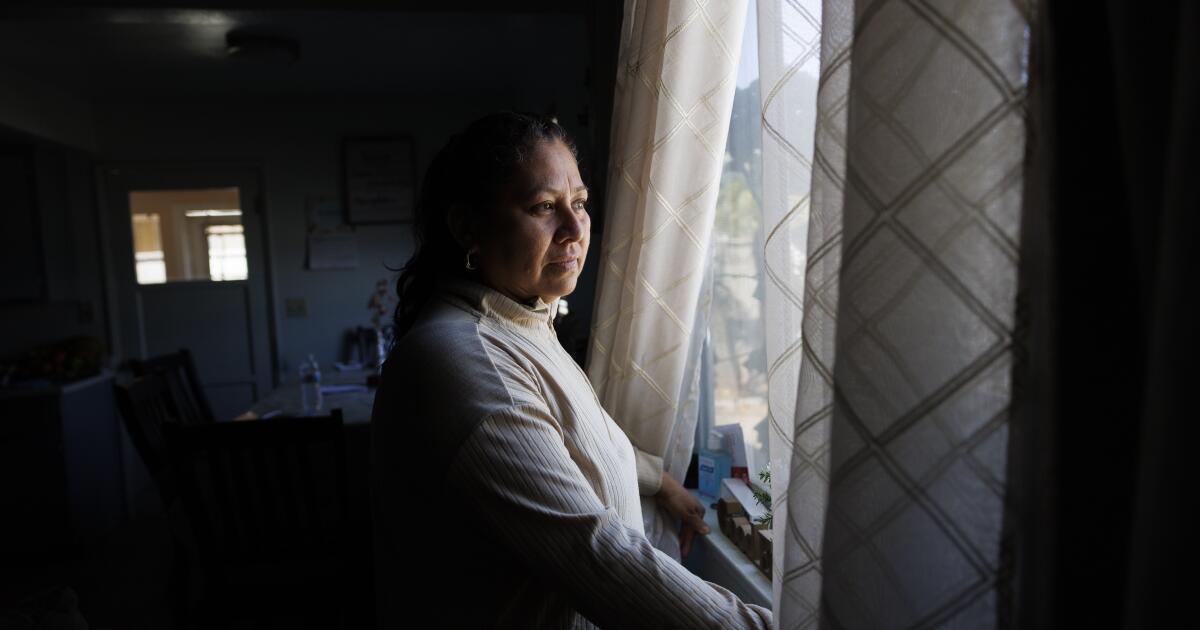ATHENS (Reuters) – Greece’s conservative government on Tuesday proposed further support measures for farmers who have been protesting for weeks over rising energy costs and competition from abroad.
Prime Minister Kyriakos Mitsotakis, who won a second term last year, met representatives of farmers’ unions at his office around midday to discuss their demands.
“I believe we can find common ground, taking into account your justified concerns,” Mitsotakis told farmers’ representatives ahead of the meeting.
Last week, the government promised farmers a one-year extension of a tax rebate for agricultural diesel by the end of 2024 and discounts on their power bills. But the pledges were not enough to appease the farmers.
Their unions briefly blocked roads and a border crossing for freight trucks, saying the measures did not address their concerns over rising costs which have forced some of them to leave farming and look for a stable income.
Sharing many of the same grievances, farmers in France, Belgium, the Netherlands and Italy have taken similar action in recent weeks.
On Tuesday, the Greek government announced that farmers will be eligible for cheaper electricity for two years from April, a measure that will be partly financed from proceeds from renewables and carbon market credits.
After that period, electricity prices will be stabilised for a third of their power consumption for another eight years, the energy ministry said in a statement.
Farmers told reporters after the meeting they would examine the proposals before making a decision on their next moves.
Greece has been recovering from a decade-long financial crisis and three international bailouts. Its economy is growing faster than its euro zone peers.
Mitsotakis told farmers they had received more than 1 billion euros in compensation for crops damaged in natural disasters since 2019 and noted Greece’s fiscal constraints.
Operations at the Belgian port of Antwerp, one of Europe’s biggest container ports, were seriously impacted on Tuesday as hundreds of farmers on tractors blocked the roads to demand better pay and working conditions, officials said.
(Reporting by Lefteris Papadimas and Renee Maltezou; Writing by Angeliki Koutantou; Editing by Ros Russell)

